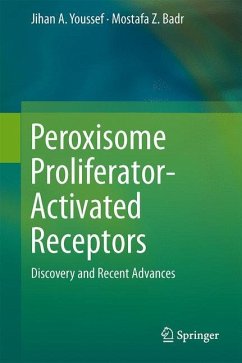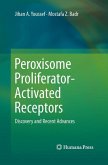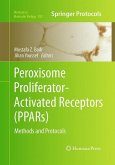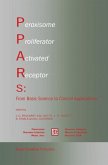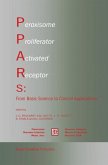All three peroxisome proliferator-activated receptor (PPAR) subtypes share a high degree of structural homology while exhibiting differences in function, tissue distribution, and ligand specificity. In Peroxisome Proliferator-Activated Receptors: Discovery and Recent Advances, the authors trace the history of PPAR discovery and detail the receptor structure and its posttranslational modifications. Furthermore, endogenous ligands as well as various classes of exogenous ligands, subtype-selective, dual and pan agonists as well as antagonists, are discussed. In addition, the tissue distribution and versatile functions of PPAR subtypes in major organs are described.
As PPARs play critical roles as regulators of numerous physiological as well as pathophysiological pathways, Peroxisome Proliferator-Activated Receptors: Discovery and Recent Advances aims to help researchers to develop safer and more effective PPAR modulators as therapeutic agents to treat a myriad of diseases and conditions.
As PPARs play critical roles as regulators of numerous physiological as well as pathophysiological pathways, Peroxisome Proliferator-Activated Receptors: Discovery and Recent Advances aims to help researchers to develop safer and more effective PPAR modulators as therapeutic agents to treat a myriad of diseases and conditions.

